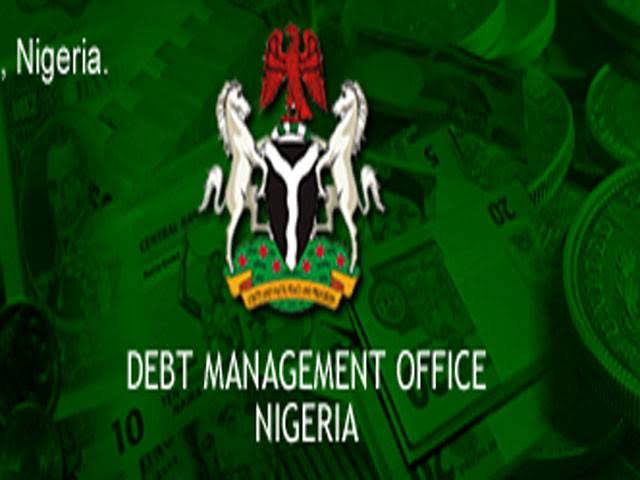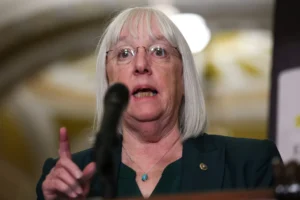As of September 30, 2023, the Debt Management Office (DMO) disclosed that Nigeria’s total public debt amounted to N87.91 trillion or $114.35 billion.
This comprehensive figure encompasses both domestic and external debts incurred by the Federal Government, the 36 state governments, and the Federal Capital Territory, Abuja.
The DMO, in a statement released on Wednesday, noted a slight increase of 0.61% compared to the debt recorded on June 30, 2023, which stood at N87.38 trillion.
This fluctuation is attributed to a decrease in External Debt, dropping from USD 43.16 billion to USD 41.59 billion by September 30, 2023. Meanwhile, there was a relatively moderate rise of N1.80 trillion in Domestic Debt during the same period.
The statement explained the decline in External Debt as a result of redeeming a USD 500 million Eurobond and a payment of USD 413.859 million as the first principal repayment of the USD 3.4 billion loan obtained from the International Monetary Fund in 2020 amid the COVID-19 pandemic.
The DMO emphasized that servicing these debts, along with others, reflects the Federal Government’s commitment to meeting its debt obligations.
The statement also underscored the significance of President’s initiatives for revenue generation in maintaining Nigeria’s overall fiscal balance.
“This trend is explained by the decrease in External Debt from USD43.16 Billion as at June 30, 2023 to USD41.59 Billion as at September 30, 2023 and a relatively moderate increase of N1.80 Trillion in the Domestic Debt,” the statement partly read.
“External Debt decreased due to a redemption of a USD500 million Eurobond and the payment of USD413.859 million as first principal repayment of the USD3.4 Billion Loan obtained from the International Monetary Fund in 2020 during Covid-19.
“The servicing of these Debts in addition to other Debts, are clear demonstrations of the FGN’s commitment to honouring its debt obligations. Notwithstanding, Mr President’s initiatives and actions towards revenue generation remain important for Nigeria’s overall fiscal balance.”
Ada Peter



























